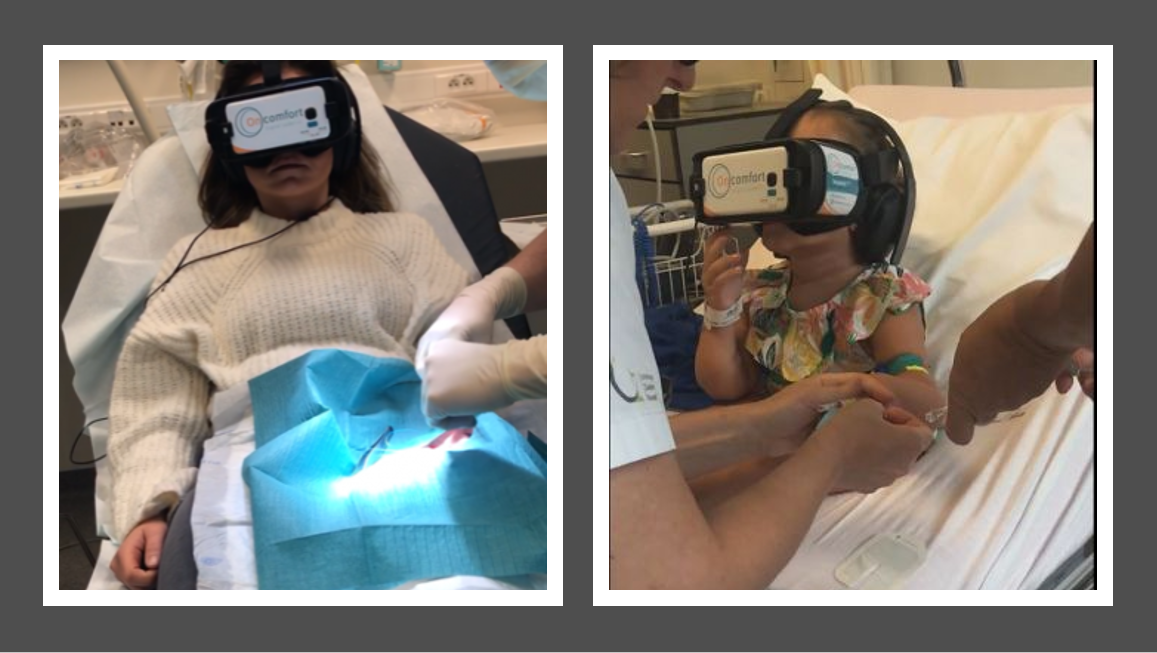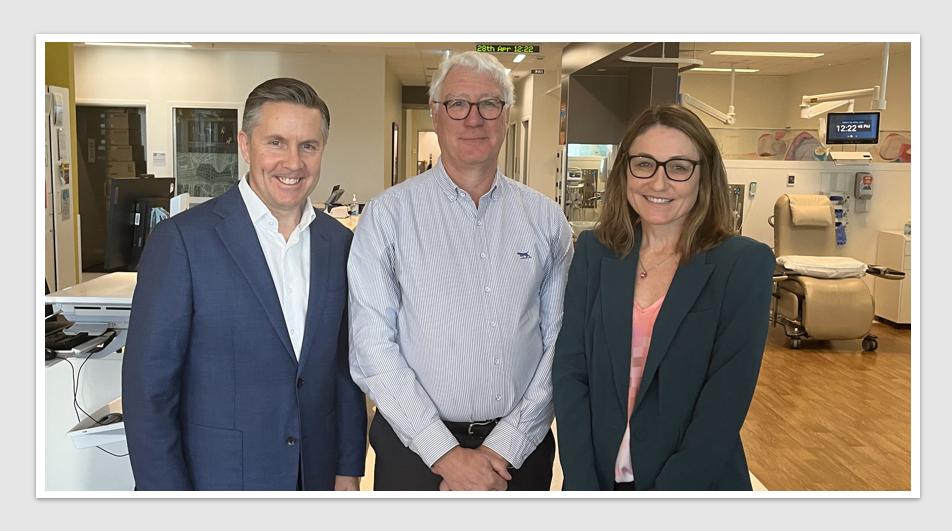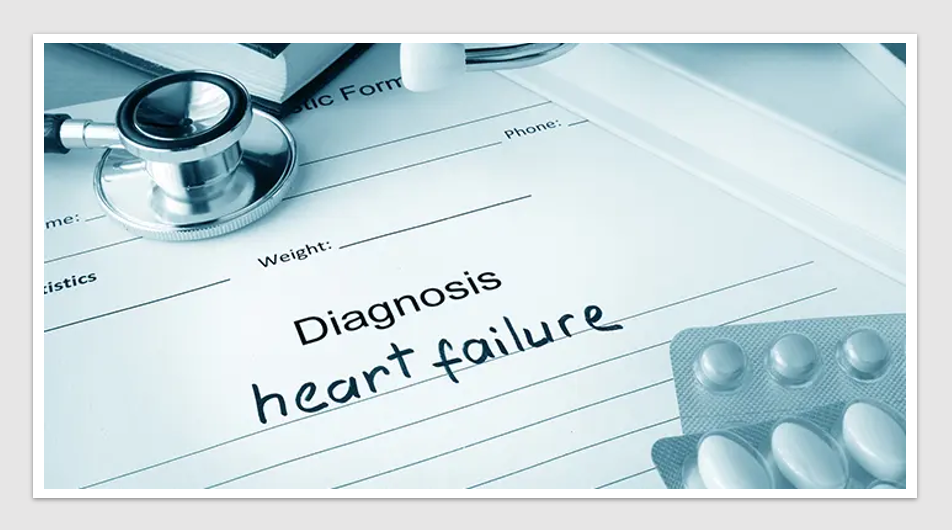Digital & Innovation
VR to alleviate pain and anxiety for patients undergoing medical procedures

Digital & Innovation: New research presented at Euroanaesthesia (the annual meeting of the European Society of Anaesthesiology and Intensive Care [ESAIC) shows that the use of virtual reality glasses or medical hypnosis can alleviate both pain and anxiety in patients undergoing short medical procedures.
Patients undergoing short medical procedures benefit from distraction techniques to reduce the need for drugs alleviating pain and anxiety. This new research investigated if medical hypnosis or virtual reality glasses (VR glasses) as an added therapy reduced the need for additional drugs. The procedures involved were any kind of short, usually painful medical procedure outside of the operating theatre (such as insertion of an intravenous catheter or stitching/closing wounds).
The study used VR glasses manufactured by OnComfort (who did not sponsor or play any part in the study) with several types of movies and audios available. The VR glasses are worn by the patient during the procedure, providing visual and verbal distraction for the patient using a cartoon movie accompanied by a calming voice. The voice and images provide positive suggestions, similar to medical hypnosis. In those receiving hypnosis, patients were distracted with continuous talking and giving them positive suggestions to make them feel they were in another place and imagining doing something they like to do. Dr Okur Kavak, who is a certified hypnotist, performed the hypnosis.
In this prospective, randomised, interventional trial, after getting informed consent, 104 patients aged 6 to 86 years (47% female) undergoing procedures were divided into four age groups: 6-11 years, 12-17, 18-65 and over 65. Patients were randomly assigned into three arms. All patients received standard care for pain before the procedure; the control group received further standard drugs used for pain and stress as indicated by the Visual Analog Scale (VAS; threshold 3/10) and ComfortScore (threshold 14/30). The other two groups received either medical hypnosis or VR glasses before and during the procedure.
VAS and Comfort were scored continuously monitored during procedures and analysed with statistical modelling. Patients, parents and healthcare providers scored their satisfaction with the procedures at the end. Regardless of age, pain and comfort scores were similar before and at the start of the procedure (VAS 3.7-4.2; Comfort 16-16.7), but as of 1 minute after starting the procedure, both VAS and ComfortScore reduced substantially in both intervention groups compared to the control group, remaining far below the threshold for both pain and stress (see link to graphs below). The results were statistically significant.
There was no advantage of one intervention group over the other, and neither group experienced adverse effects. Patients in the VR group were statistically significantly more likely to be satisfied than in the control group or in the hypnosis group. Age and gender also had no effect on the findings.
The authors conclude “From the very start of the intervention, the application of either medical hypnosis or virtual reality glasses significantly reduced pain and anxiety in patients undergoing medical procedures. More studies are needed but both are promising safe extra tools to standard pharmacological treatment used during these simple but often painful medical procedures.”
The study was conducted by anaesthetist Dr E. Kubra Okur Kavak, paediatrician Dr Gerlant van Berlaer, and colleagues from the Brussels University Hospital in Belgium.
Medical

NSW Health to settle ‘largest’ class action
A class action alleging NSW Health underpaid clinicians has settled after the department agreed to a payout of nearly a […]
MoreNews & Trends - Pharmaceuticals

Lilly’s first-in-class therapy PBS listed for early breast cancer after 15-year gap
Pharma News: Australians diagnosed with early-stage breast cancer, particularly those at high risk of recurrence, will gain access to the […]
MoreNews & Trends - Pharmaceuticals

AstraZeneza secures four PBAC nods in oncology, diabetes, kidney and rare diseases
Pharma News: AstraZeneca has scored four positive Pharmaceutical Benefits Advisory Committee (PBAC) recommendations following the March meeting. These recommendations, spanning […]
MoreNews & Trends - Pharmaceuticals

PBAC recommendation to reshape prescribing in heart failure
Pharma News: Aligned with the government’s Scope of Practice Review, the Pharmaceutical Benefits Advisory Committee (PBAC) has made a practice-changing […]
More